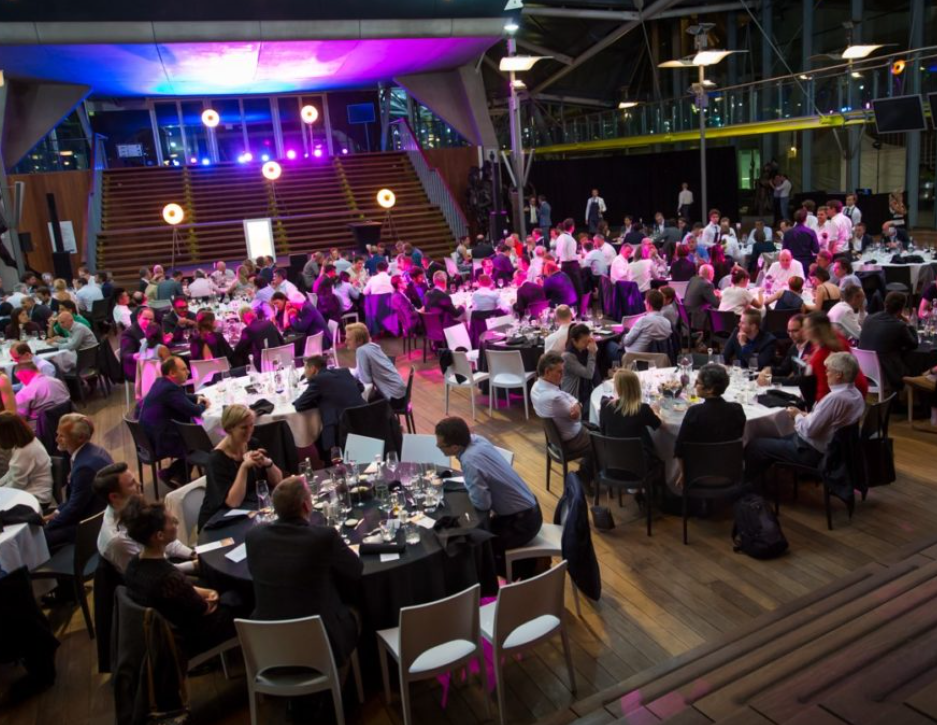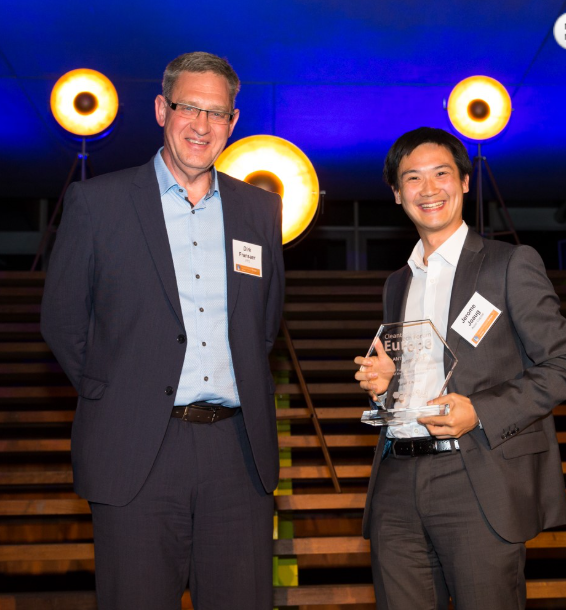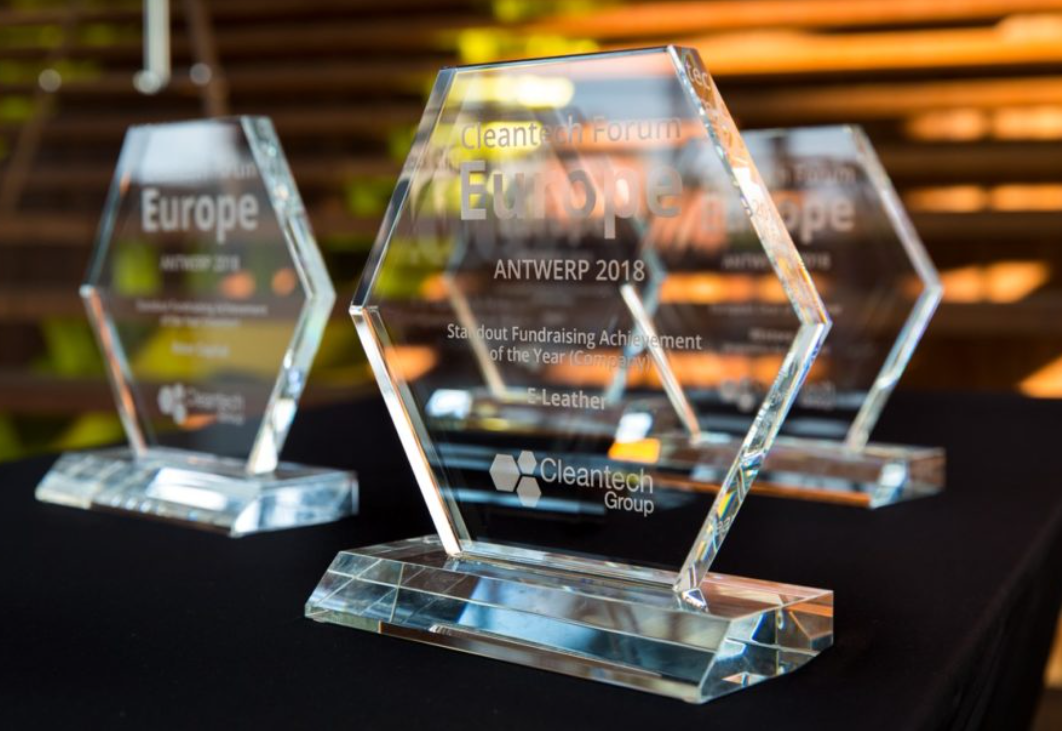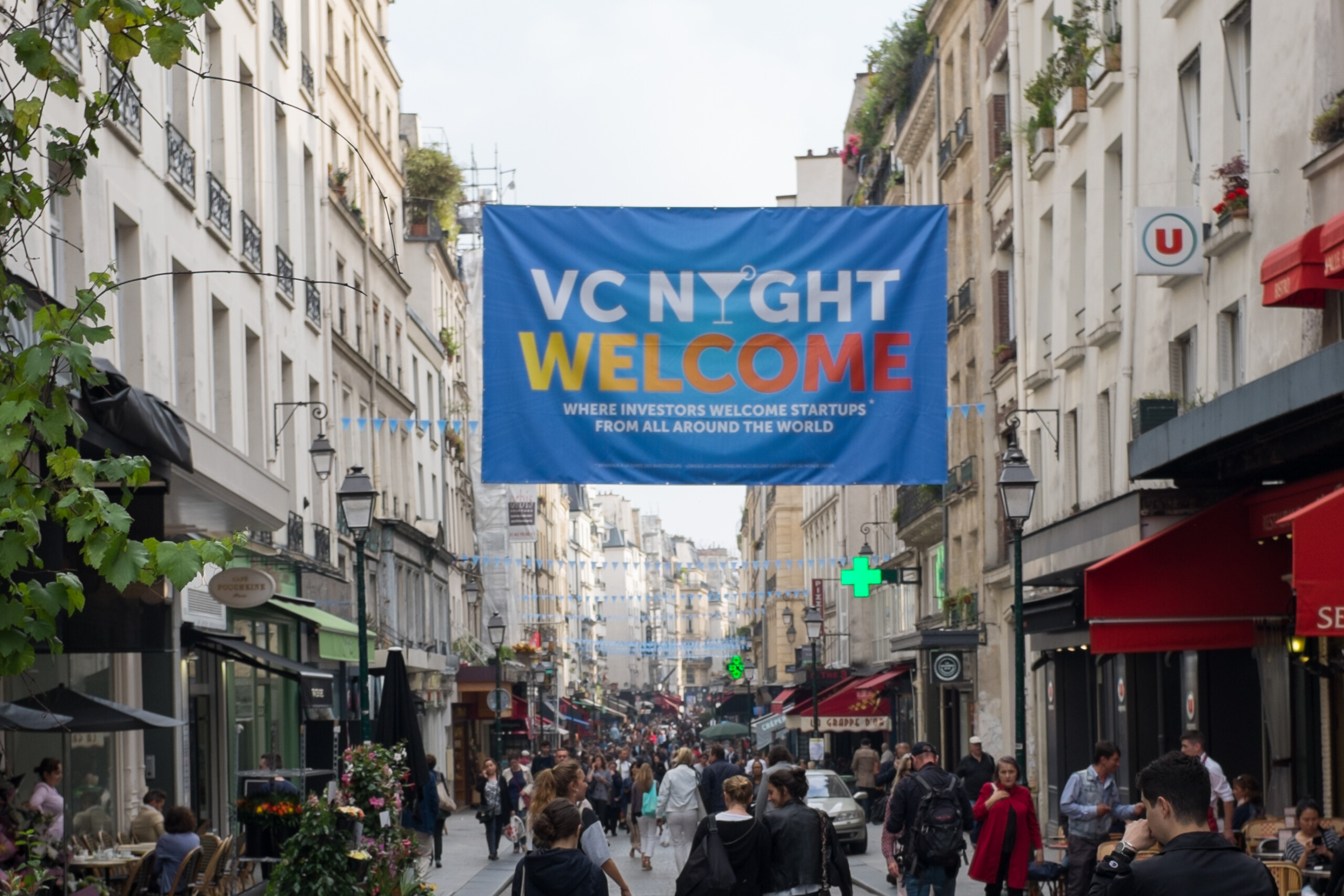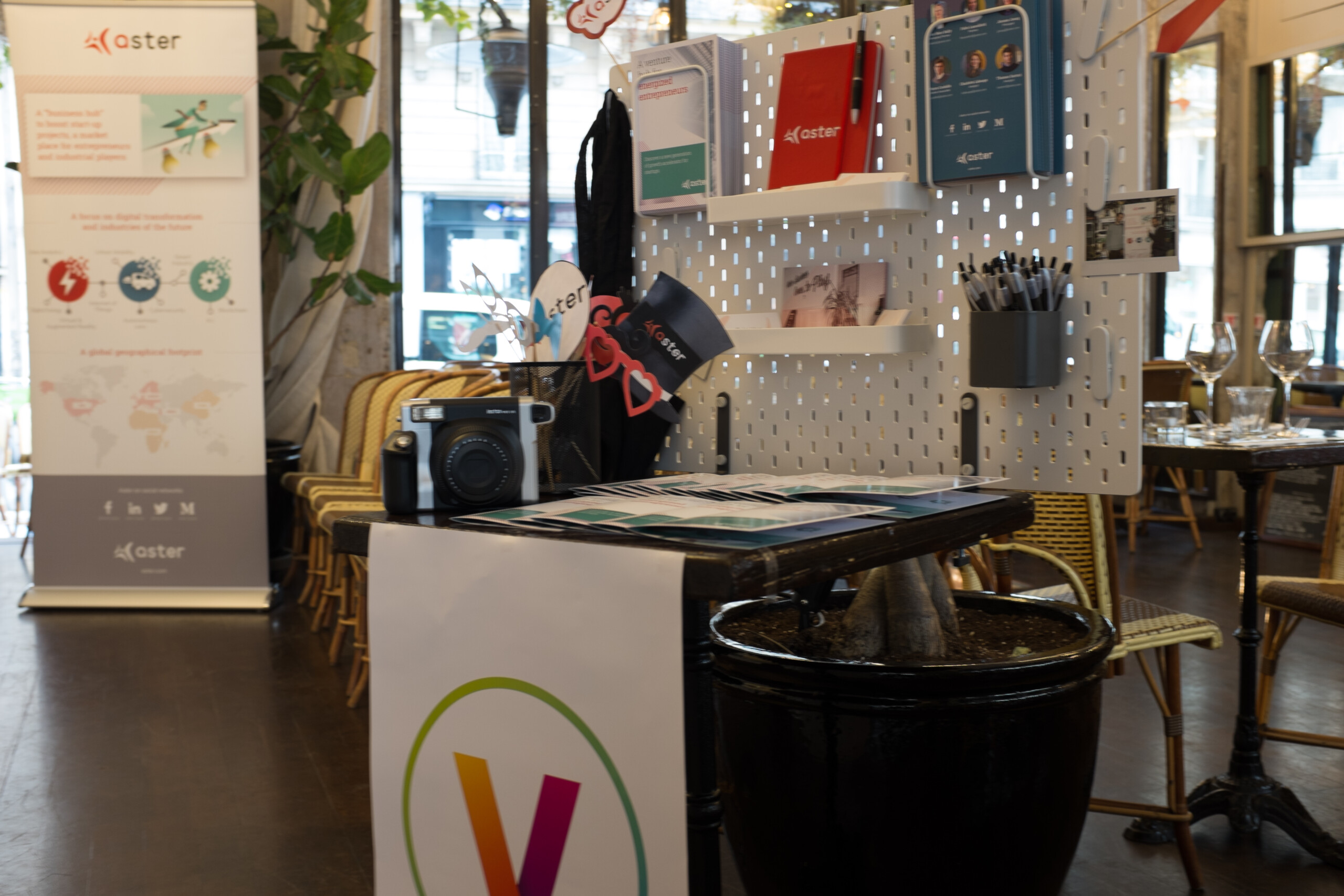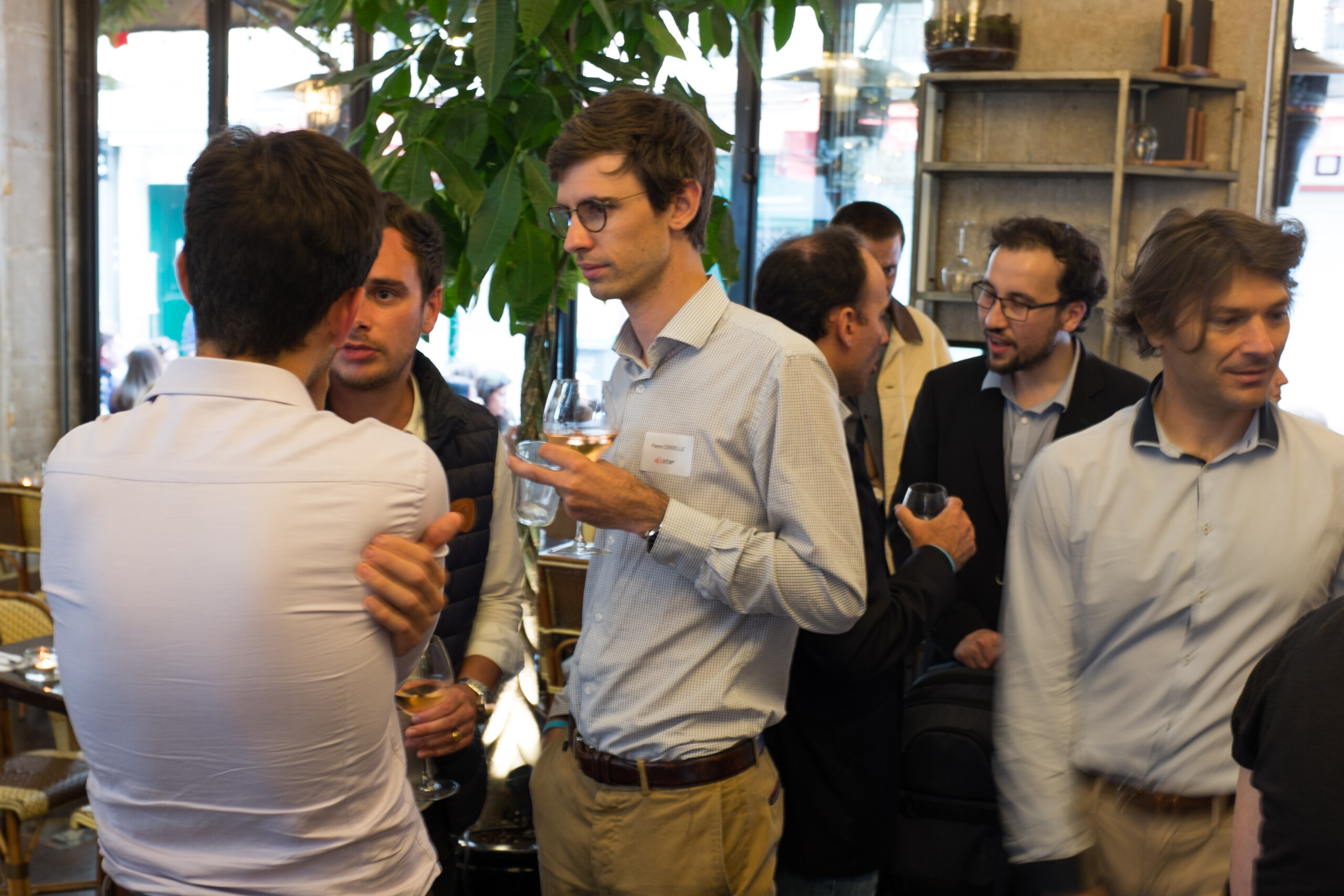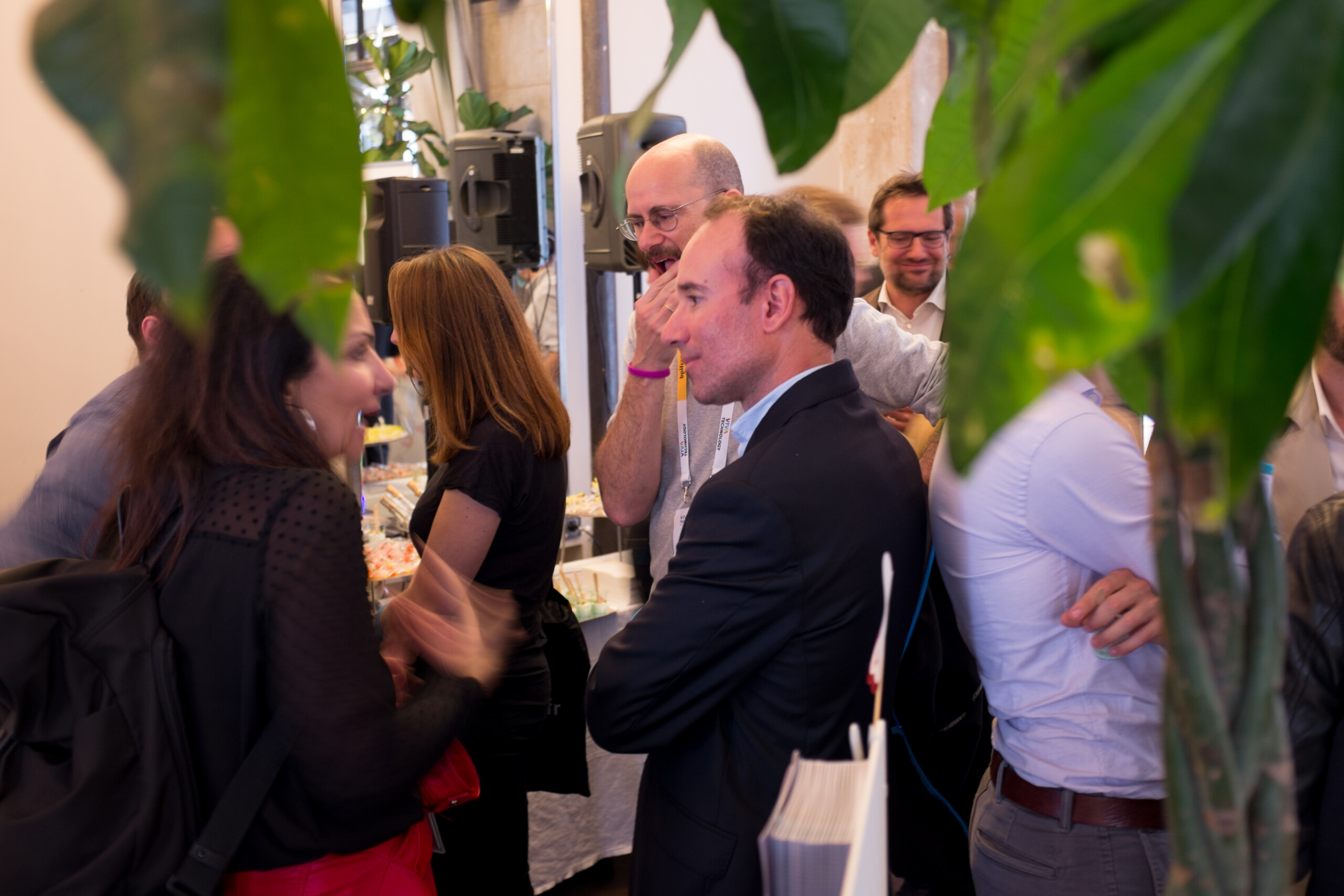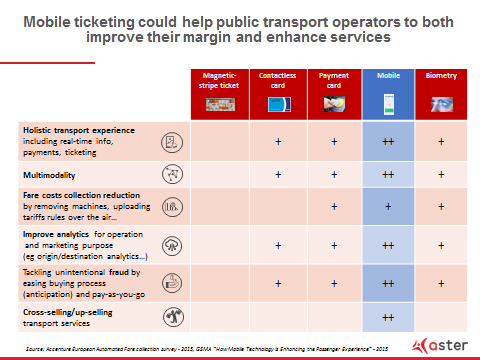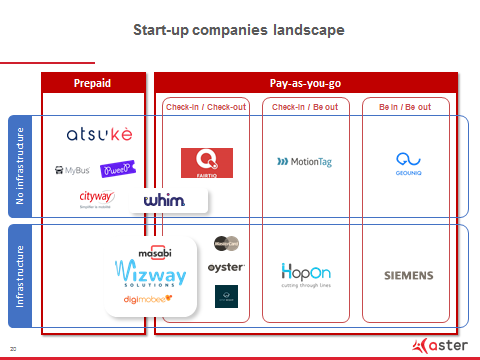We are particularly excited about Claroty for a few reasons: the team, the space and their approach.
World class founding team
The company was created in 2015 at the Team8 Lab, the leading Israeli cybersecurity think tank and company creation platform. Together with former Israeli Defence Force’s intelligence unit 8200 leadership, Amir Zilberstein (CEO and co-founder), Benny Porat (CTO and co-founder) and Galina Antova (CBDO and co-founder) had one mission: put together their previous experience to develop a global adopted solution to secure and optimize the industrial control networks that run the world. Previously the three co-founders had very significant experience; 1/ Amir co-founded Gita Technologies and Waterfall Security Solutions, creating some of the first and strongest security gateways specific to critical infrastructure; 2/ Benny was a security researcher at NorthBit and previously commanded a strategic research team within an elite cyber unit of the Israeli Defence Force; 3/ Galina was the Global Head of Industrial Security Services at Siemens, a unit she actually initiated and built up, after spending 5 years at IBM.
At Aster we are in constant search of inspiring leaders and innovators and we are fortunate enough to start working with a team of such amazing founders.
Large and growing problem to address
Especially in the last couple of years the volume and sophistication level of cyber threats is exploding, with a business falling victim to a ransomware attack every 40 seconds, and attacks growing at a yearly rate of 350%, according to some sources such as the Forbes Technology Council. While IT networks have been typically under scrutiny for several years and relevant solutions have been adopted, IoT devices and in general physical assets have been neglected, thus becoming a preferred target with increasing frequency. We often overlook things that have become must have standards in today’s lives, such as 24/7 electricity supply, cellular communication, emergency rooms and medical care. And we are probably not too much aware that the above are based on critical control systems that are increasingly more targeted by criminal attacks.
This creates a massive opportunity for a company such as Claroty who can certainly aim at becoming the worldwide leader of a new category within the large cybersecurity space.
Their unique approach
Claroty is an Industrial Control System cybersecurity solution that aims at securing and optimizing OT networks that run on critical infrastructures. The company’s OT security platform is designed to address safety and reliability requirements necessary to protect industrial networks.
We have seen many companies within the nascent industrial cybersecurity space, many of them were quite ambitious and developing credible technological answers to the main problems identified as critical by large customers. However, we’ve been struggling to see a demonstrable scalability, from both a market/commercial and a product point of view. What we are observing at Claroty looks different: we have been impressed by the capability of the company to adapt easily to industrial control systems’ different protocols – which is in general a big headache –, stacks and network configurations from one customer to another. Furthermore, the strong expertise of the OT world they have developed, and thus their ability to render information that is easily understandable for OT teams and to enable a genuine collaboration between IT and OT worlds is a clear advantage to convince different decision makers – CEO/CSO, CISO, Engineering.
Such a company, dramatically transforming the way we can take care and improve traditional industrial networks, relying on a deep expertise in cybersecurity and led by an amazing team, perfectly fits with Aster’s model. Today, Claroty team has a big challenge ahead of them: to scale fast and consolidate their market leadership, especially in regions such as Europe where they are relatively less present. And this is where we can help. Our goal and mission are to act as a catalyst thanks to our ecosystem of industrial partners and to stand by the company to support their ambitions to become the category leader of the global industrial cybersecurity market. Through our Business Hub organization, we will support Claroty to generate and finalize commercial opportunities within and beyond our family of Corporate Sponsors.

